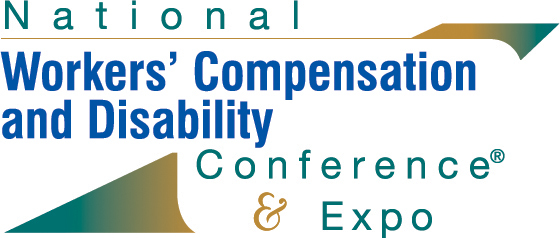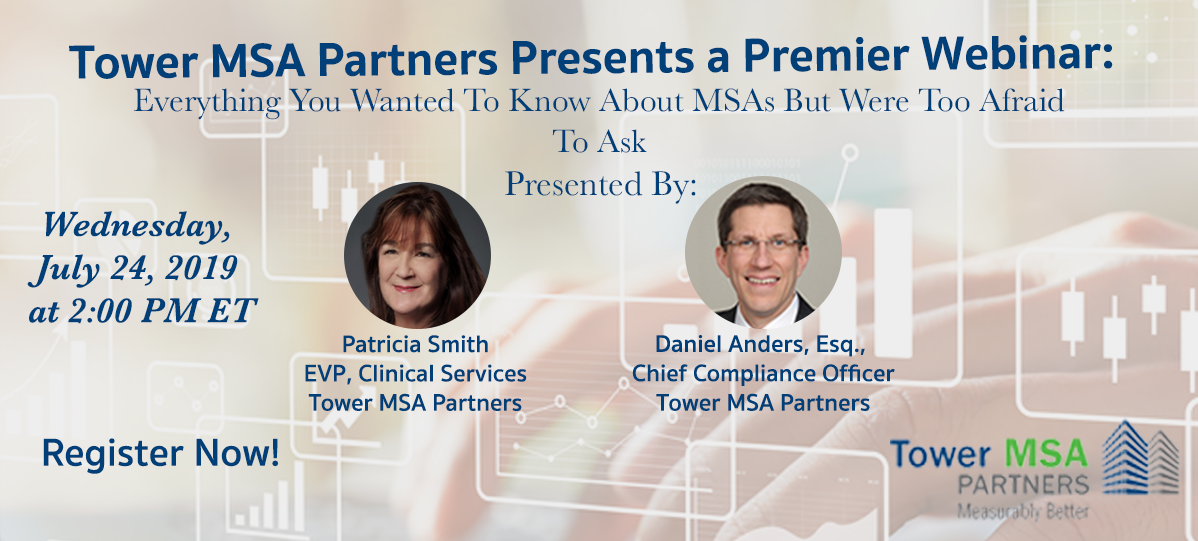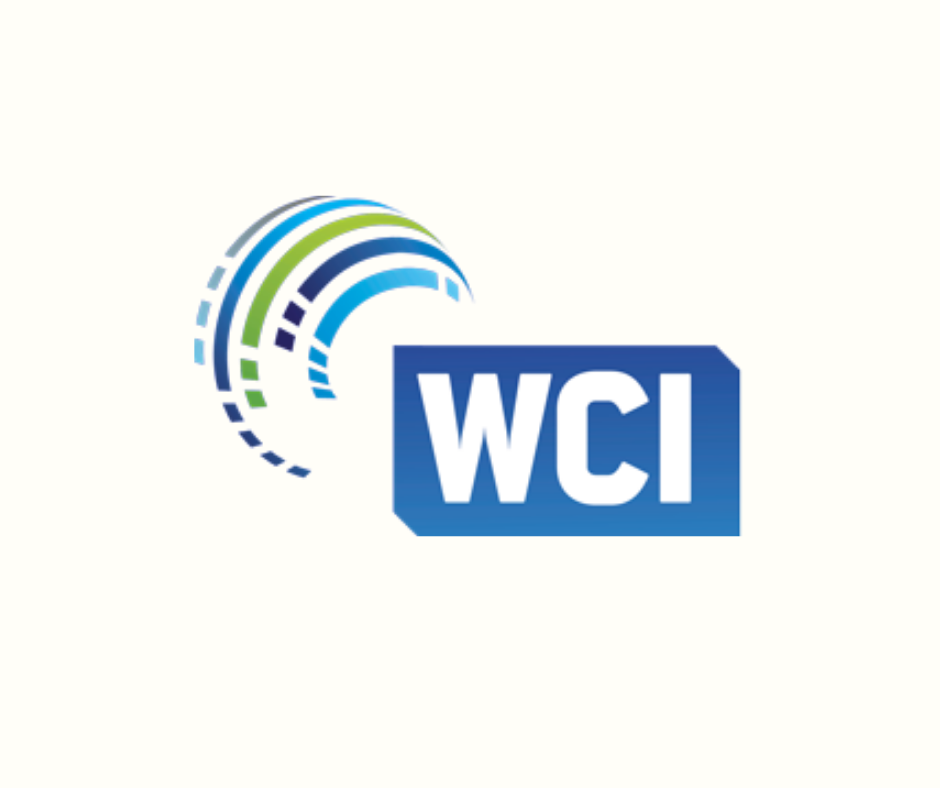The famed University of Alabama head coach, Paul “Bear” Bryant said, “when you make a mistake, there are only three things you should ever do about it: admit it, learn from it, and don’t repeat it.” These wise words are particularly applicable to termination of Ongoing Responsibility for Medicals (ORM) in the Medicare Section 111 Mandatory Insurer Reporting process. Failure to properly report ORM termination can yield unnecessary Medicare conditional payment demands, costing time and expense to resolve. When such an error is made, admit it to CMS, correct it, and learn from the experience so it is not repeated.
Background on ORM Reporting
Since October 5, 2015, the CRC has had responsibility for the recovery of conditional payments where the insurer or employer (including self-insured entities) is the identified debtor, known in CMS terms as the “applicable plan.” The CRC learns of opportunities to recover through the Section 111 Mandatory Insurer Reporting process. In other words, the applicable plan’s reporting is the catalyst for Medicare conditional payment recovery.
The mandatory reporting provisions of the Medicare Secondary Payer Act require the applicable plan to report to Medicare in three instances – the acceptance of ORM, the termination of ORM and issuance of a Total Payment Obligation to the Claimant (TPOC), settlement judgment, award or other payment.
ORM Termination Key to Cutting Off Liability to Medicare
Once ORM is accepted, CMS claims the right to recover against the applicable plan through the date of ORM termination. That means CRC’s recovery efforts may happen years after the ORM was first reported. Further, if the applicable plan fails to terminate ORM when appropriate, then the plan may receive CRC repayment demands for time periods in which it has no liability to pay for medical treatment.
Accordingly, terminating ORM when appropriate is vital to cutting off liability to Medicare. An applicable plan may terminate ORM through the Section 111 Reporting process under the following situations:
- Settlement with a release of medicals
- No-fault policy limit reached
- Complete denial of the claim
- Statute of limitations has run, or medical benefits have otherwise been exhausted pursuant to state law
- Judicial determination after a hearing on the merits finds no liability
- Signed statement from the injured individual’s treating physician that the injured party will require no further medical items or services associated with the claim related injuries.
Providing CMS with the ORM termination date gives a bookend to recovery by the CRC. If no termination date is provided, then CRC assumes the applicable plan remains liable for injury-related payments indefinitely.
Unfortunately, workers’ compensation claims systems do not always prompt the submitter when a settlement amount is entered to confirm whether ORM is also being terminated. As a result, the TPOC amount and date are reported to CMS, ORM remains at a “Y,” and the ORM termination date is left blank. This not treated as an error when CMS processes the submission as CMS allows for multiple TPOC amounts.
Consequently, unreported ORM termination dates can continue for years, and the RRE may only become aware of the oversight only when a conditional payment notice is received for the previously settled claim.
Case Study
Tower’s client received a Medicare Conditional Payment Notice and then a demand from the CRC in the amount of $125,554. A review of the demand revealed many of the charges related to the injury which would typically present a challenge to requesting their removal from the demand. However, all the dates of service itemized in the demand were after the settlement date of 8/5/2014.
Upon further investigation it was learned that while a TPOC or settlement date of 8/5/2014 had been reported, ORM termination had not (Tower was not the Section 111 reporting agent for this client). Consequently, the CRC assumed that the primary plan was still accepting medical on the claim and asserted a demand for recovery of conditional payments.
Our client updated their Section 111 report with the correct termination date, and Tower was able to obtain CRC’s agreement to withdraw the demand.
In the end, our client was fortunately not held liable for repayment of $125,554 to Medicare. Nonetheless, the error of not reporting ORM termination concurrently with TPOC took several months to resolve.
Key Takeaway: Training, quality assurance and a reliable reporting agent are critical to avoiding ORM reporting errors.
- Train Adjusters on ORM Reporting: If an adjuster is responsible for inserting the data required for ORM reporting, then they require training as to when ORM acceptance and termination should be reported and how to determine the appropriate diagnosis codes to report. Significantly, anytime a TPOC (settlement) is reported, the adjuster should determine if medicals are closed as part of the settlement and whether the ORM termination date should also be reported.
- Effective Quality Assurance of ORM Reporting: Even with training, errors will occur. Additional resources placed into quality assurance of ORM reporting, such as double checking claims for proper ORM termination and appropriate diagnosis code choices avoids the expenditure of additional resources at a later date to correct errors in reporting and address unnecessary recovery demands from the CRC. If you are an employer or carrier relying upon a TPA to report, it is especially important to have a QA process in place to check the data entered by the TPA.
- Ensure Reporting Platform is Accurately Reporting: Section 111 Reporting is electronically based and requires a data exchange with Medicare. Errors can and will occur in this data exchange. Ensure you have a trusted and reliable reporting agent, like Tower, who will not only identify CMS submission errors, but also capture issues like a missing ORM termination date, and work with you to have them corrected prior to reporting to Medicare.
For questions stemming from this article or to inquire how Tower’s Section 111 Reporting platform can meet your compliance needs, please contact Dan Anders at (888) 331-4941 Daniel.anders@towermsa.com.











